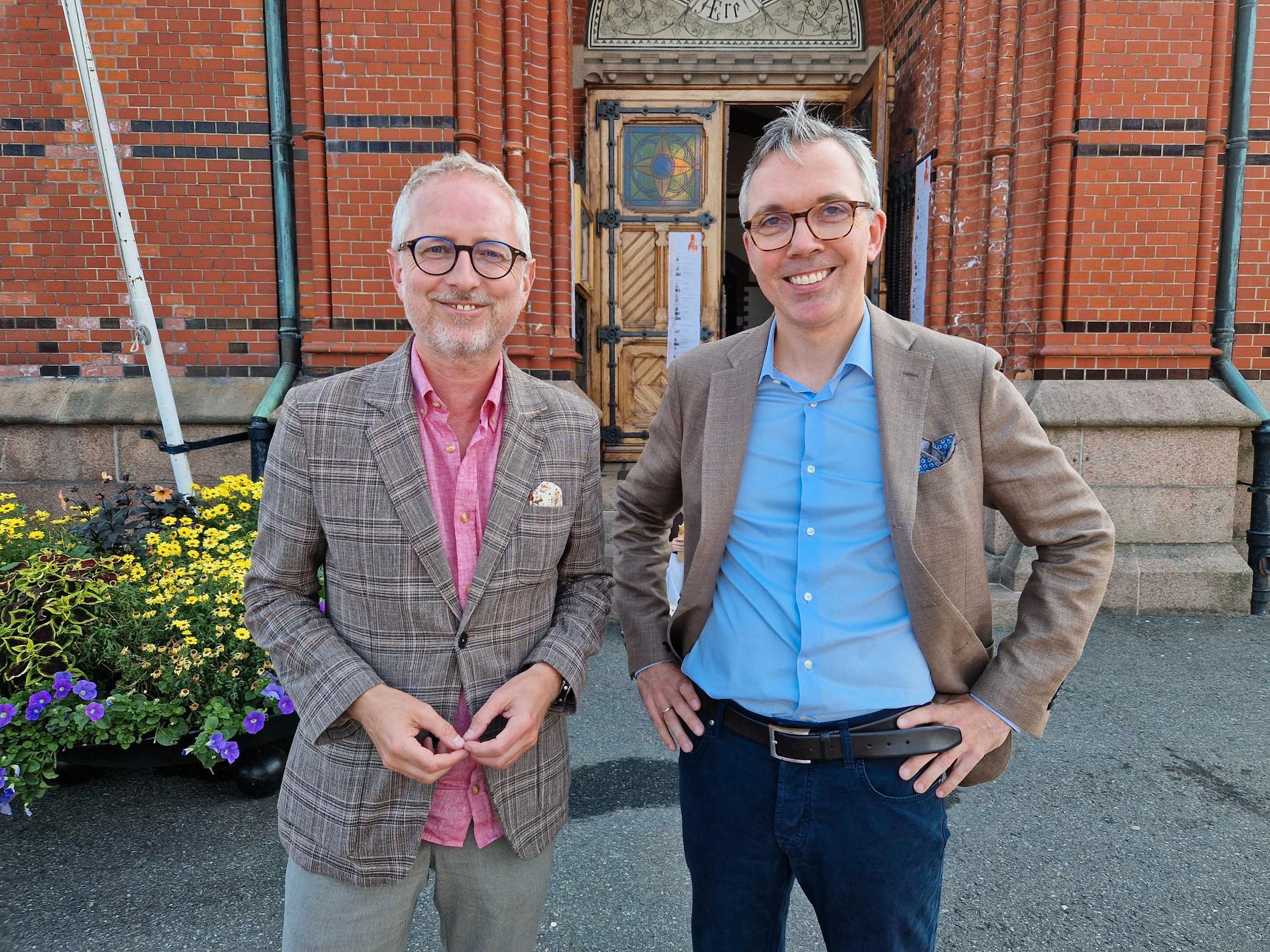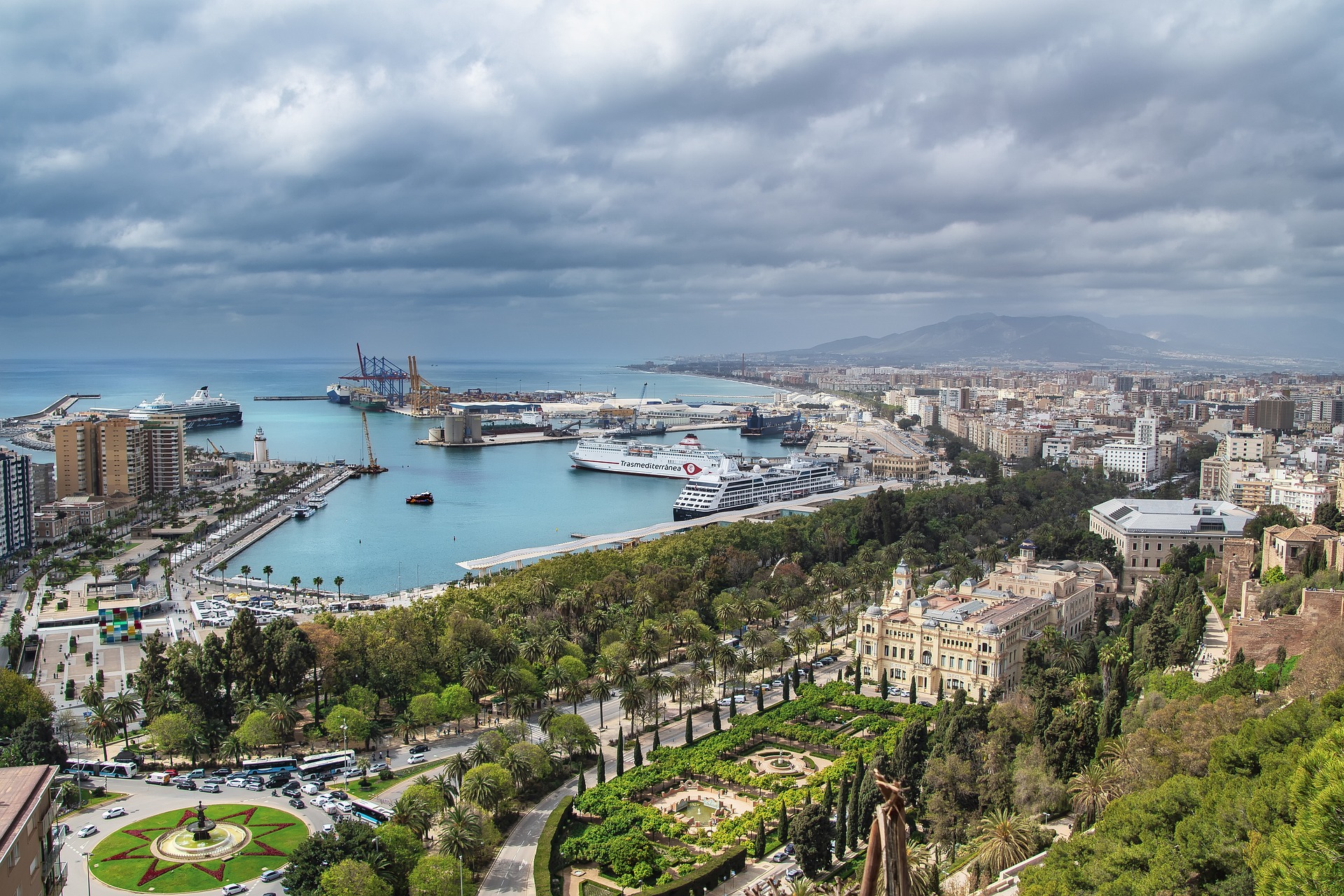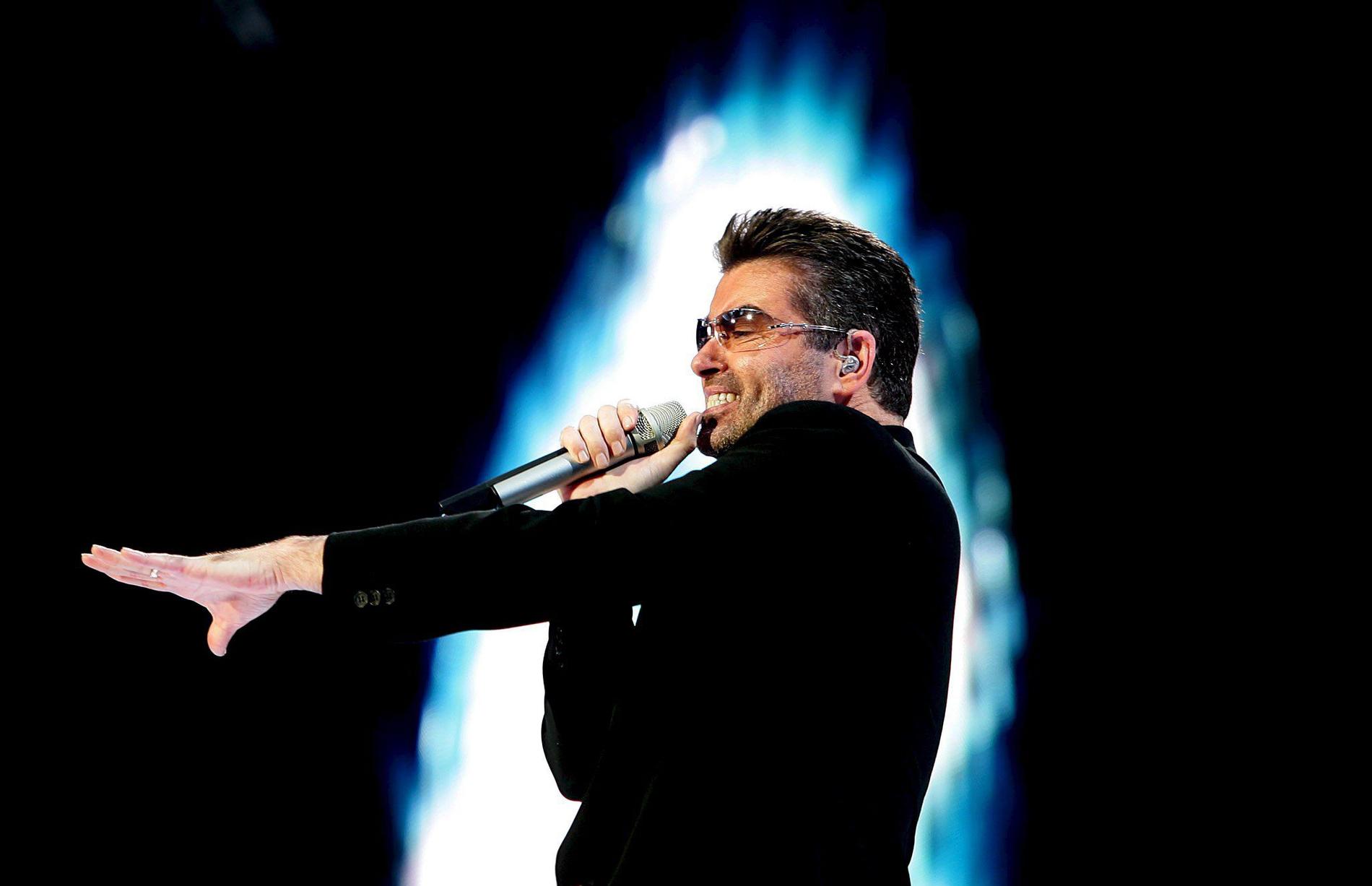Support is provided to Norwegian renewable company hydrogen projects in Egypt, Tunisia, Morocco and South Africa.
Norad provided support of NOK 85 million to Norwegian company Scatec to develop a hydrogen project in Africa. This is the first time Norad has supported a green hydrogen project.
– This gives us a good foundation and means that we are in a position to take on a number of early-phase investments that we might think are a bit difficult from a risk perspective, said Scatec CEO Terje Pilskog.
E24 meets Scatec CEO Terje Pilskog and Norad Bård CEO Vegar Solhjell during Arendal Week, where they will participate in various debates.
Scatec started as a solar company and has several facilities in developing countries. Now they have been expanded to operate on hydro and hydrogen power.
Norad’s support for Scatec is the largest grant to a single company ever.
By 2020, Norad managed nearly half of Norway’s 39.5 billion NOK donated to development cooperation.
Risky task
Part of Norad’s support will be used to finance Scatec’s planned hydrogen plant in Egypt, where the renewable energy company has signed agreements with the company Fertiglobe and the Egyptian Sovereign Fund. The agreement involves the development and construction of a green hydrogen plant.
– Isn’t it a big risk to invest in countries like Egypt and Tunisia?
– There are risks, yes, but it’s impossible to work in many developing countries without taking risks, says Solhjell.
– We have quite good experience working with the authorities in these countries. After all, these are big countries with big investments to make in the future. So far they have had good economic development, and have a unique position on the energy crisis in Europe, Pilskog said.
– They are also very motivated and want to attract investment in this area, and they want to develop into a “hub” for green hydrogen and ammonia going to Europe, said the Scatec boss.
Investment up to 5 billion
– About 85 million. Do you depend on support to get through the project?
– This is a project that requires a huge investment, maybe as much as five billion dollars. But there is a relatively small amount that will generate a very large investment from the business world, Pilskog said.
– The African continent has the greatest potential in the world for green hydrogen, says Solhjell.
He points out that the continent has access to large amounts of cheap renewable energy, and interest in green hydrogen has grown rapidly in a short period of time. That is why Norad has now chosen to invest in a hydrogen project for the first time.
– This could be an export adventure for some developing countries, says Solhjell.
Pilskog of Scatec said that the company has three hydrogen concrete projects under development and extensive plans for more projects in the future.
Read on E24+
Analysts on Scatec: – Haven’t succeeded in establishing credible growth targets
First hydrogen project
In the fall of 2021, Norad invites Norwegian and international businesses to submit applications in the “Business support for business development” grant scheme. It provides support for initial investigation, project development and guarantees and risk premiums in the long-term financing of renewable energy projects in developing countries.
25 applications have received commitments for support totaling NOK 324 million. Of these, there are four applications to support green hydrogen projects.
In late December 2021, a historic assessment from Kenya determined that Africa’s largest wind power plant had acquired land rights illegally. Norad has played a central role in the project.
– Is it now less controversial to support solar and hydrogen?
– There can be controversy in almost every type of energy. Large hydrogen generators can certainly be controversial. It would be naive to think otherwise. But remember that 600 million people in Africa south of the Sahara have no electricity, so you’ll have to make some exchanges that are a little different. We consider ethical, environmental and governance issues, and other considerations. Our assessment here is that this meets the standard, Solhjell said.
– What we see is that the sun will be very dominant, and then green hydrogen will be important, but then there will also be wind power, Solhjell said.

“Subtly charming web junkie. Unapologetic bacon lover. Introvert. Typical foodaholic. Twitter specialist. Professional travel fanatic.”






